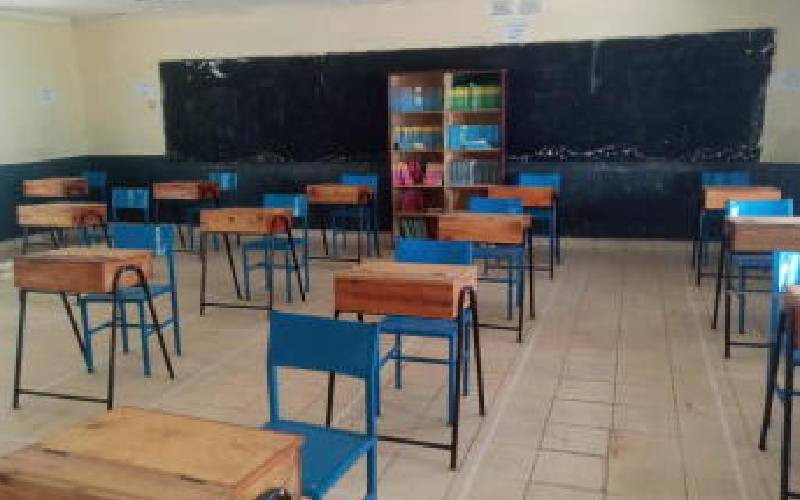×
The Standard e-Paper
Join Thousands Daily

KESSHA National Chair Kahi Indimuli said that capitation should be increased from the current amount being given to secondary school students to match the current economic situation. [File, Standard]
Kenya Secondary School of Head Teacher Association (KESSHA) has called for increased capitation to schools even as they welcome the move to anchor junior secondary in primary schools.